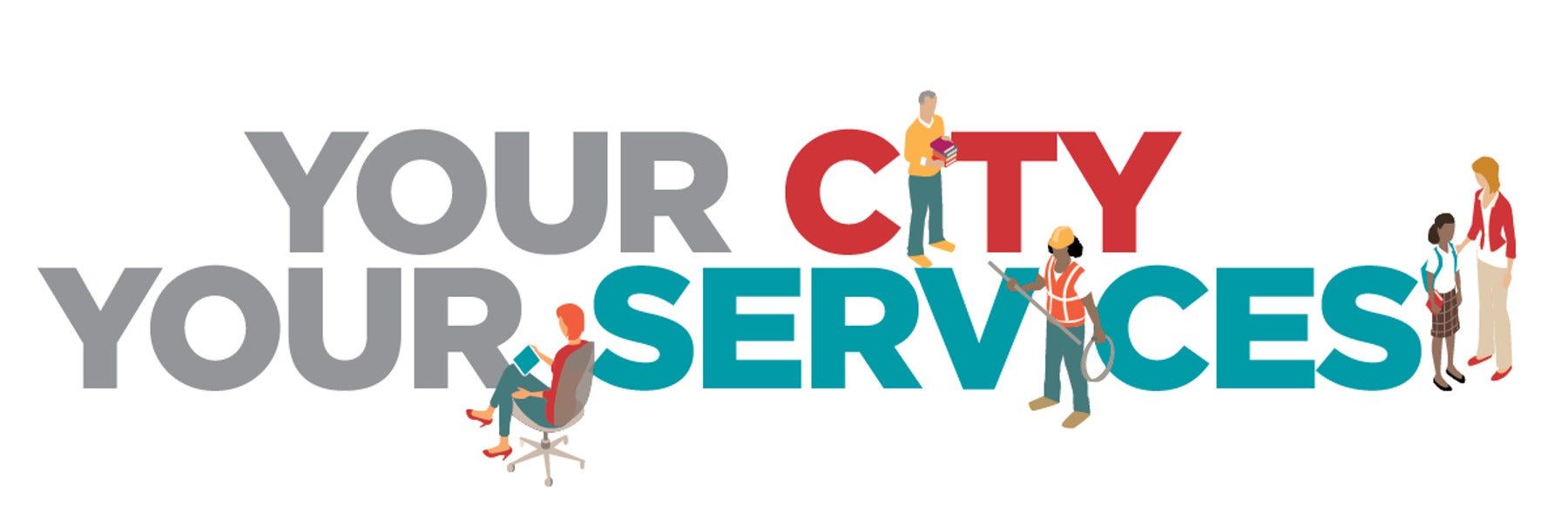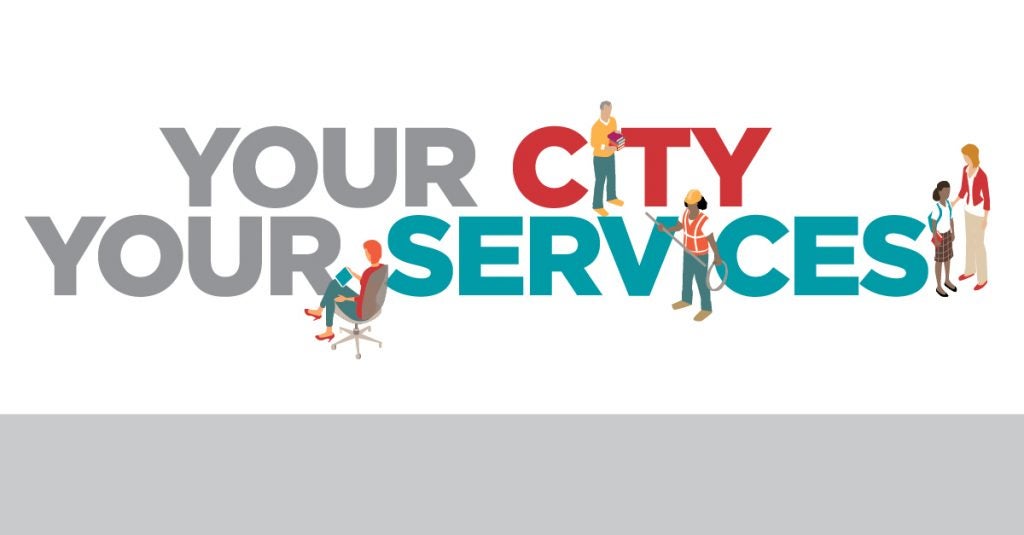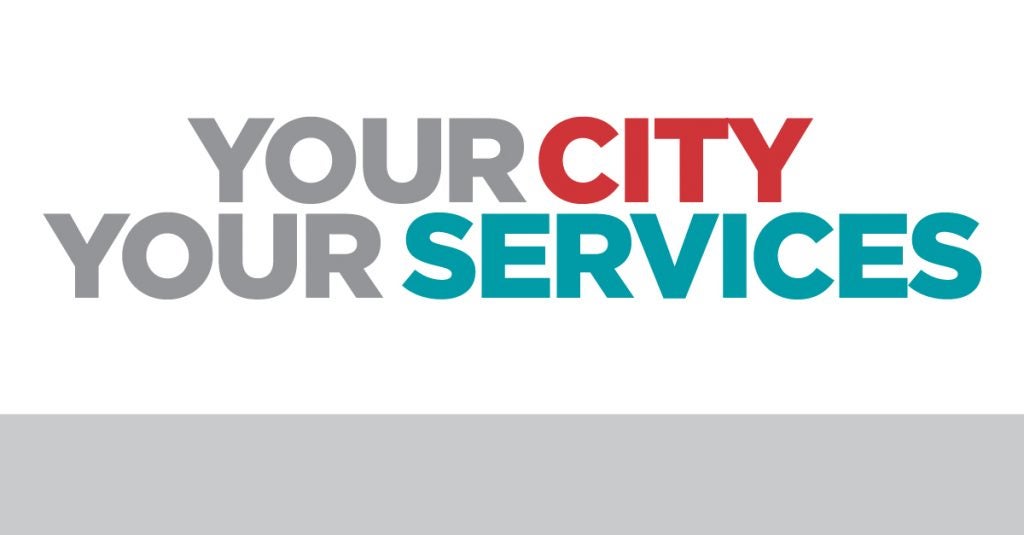
Your city
Almost three million people call Toronto home. On every street, in every neighbourhood you can find high quality public services that are owned by the people of Toronto and help us all live, work and play in the best city in the world.
Your services
Toronto is one of the most livable cities in the world because of its quality public services that residents rely on. From first-rate child care, to environmentally conscious recycling and composting programs, to the world’s busiest library system and recreation programs that keep children and adults healthy and active, Toronto’s public services are part of the fabric of our communities and keep our city running.
Good for the economy
Transportation services help us get to work and school. Parks and recreation programs help us connect with our neighbours, make friends and live healthy and active lives. Quality affordable child care allows more parents to participate in the workforce. Libraries provide information, technology, classes and resources to anyone who comes through the door. And industry-leading recycling and composting programs help us reduce our environmental impact while keeping the city clean. All of these publicly owned services contribute to the creation of vibrant and prosperous neighbourhoods throughout Toronto.
Accountable to residents
Publicly owned services are accountable to the residents of Toronto. That means their goal is to deliver something that contributes to the economic and social well-being of the people of Toronto. Our publicly owned services get input and oversight from the community, workers and elected councillors. Unlike private services whose goal is to make money for shareholders, public services are responsive to the needs of the community and its members. What this means is providing clean drinking water, making sure restaurants are safe for dining and building the infrastructure that allows you to live and work in a world class city.
Good for workers
Our public services provide good, stable jobs for the residents of Toronto and the GTA. The City of Toronto is one of the largest employers of youth in the city; provides stable jobs with benefits; helps workers start families, rent or buy homes and retire with dignity. Investment in city services and the front-line workers who deliver those services keeps more money in Toronto’s economy, and raises the bar for working conditions for the whole city.
Privatization
Privatization has been on the agenda in the City of Toronto for years. Many councillors believe that this is the fix-all solution to the city’s budget. The city spends millions of dollars on high-priced consulting firms (Like EY and KPMG) to have them tell the city how to spend our money. These expensive reports are usually just a set of repetitive recommendations to sell publicly owned services to the private sector on the premise that the private sector can deliver those services for less money.
These private companies, however, have one goal, to make money. This usually means that if they aren’t making as much money as they want, then they will reduce services, lay-off workers, reduce working conditions or raise the prices that they charge the city. Their priority is not delivering services, it is making money off of Toronto residents.
Here are some examples of privatization at work in Toronto:
Forestry
Private contractors were found to be hanging out at coffee shops and plazas instead of performing their duties, which cost the city millions. The city’s Auditor General cited improper monitoring as reason for out-of-control private arborists.
Road work
The city currently hires private contractors to conduct road paving work throughout the city. Police were called in to investigate suspected bid-rigging in city’s paving contracts, potentially costing the city millions of dollars.
Eglinton Crosstown LRT
Press reports indicated this large public private partnership (a form of privatization) has already had to go outside the contracts dispute resolutions process and is now projected to be 7-months late and $330M over-budget.
Solid waste (West End)
There are two private residential solid waste collectors in the city – GFL and Miller. In previous examinations of their performance it has been found that the private collectors are not as good at diverting waste from landfills to appropriate recycling or composting facilities, which is a goal of the city. Miller has also been cited as non-compliant with the city’s fair wage regulations.
Staffless libraries
Staffless or ‘open’ libraries are branches that are either operated remotely through card access and machines or branches that have regular staffing but allow special access outside regular hours (before opening, after closing or both). Staffless libraries – of which there are two branches in Toronto – have resulted in additional user fees, unwanted patron behaviour, and restrictions, such as age qualifications.
Child care
There are two recommendations before the city that suggest the city get out of directly providing child care. These recommendations not only threaten approximately 1,200 good jobs that the city provides but would also threaten the pinnacle of quality care in the city. When municipalities manage and directly operate child care they respond to the complex needs of a community by, for example, offering additional supports for special needs
Take action
Over the past ten years the City of Toronto has reduced its spending on services by $205 per resident. This has occurred while the population of the city has grown rapidly, and the cost of real estate and rent has skyrocketed. Toronto’s economy has grown, but the services that allow working families to thrive, are being reduced.
Meanwhile the city continues to pursue its agenda of privatization and cuts to city services. The workers who deliver publicly-owned city services to the residents of Toronto are currently negotiating a new contracts with the City. The City is attempting to pave the way for a further privatization of city services, but CUPE’s municipal workers are standing up for your city and your services.
Join us in saying to the City of Toronto, the Mayor, and the councillors pushing a privatization agenda, that our city belongs to us, and should not be sold off to the lowest bidder.
Show your support:
Click on the Facebook or Twitter links under the images to share them, and show your support for your city and your services:
Contact
The Canadian Union of Public Employees (CUPE) represents almost 30,000 municipal workers in the City of Toronto. We advocate for the protection and expansion of high quality municipally owned and delivered public services.
CUPE advocates for the protection and expansion of municipally owned and delivered public services, which provide better results and more accountability for the residents of Toronto and good, stable jobs for the people who deliver those services.
CUPE Local 79 represents over 22,000 full and part-time inside and recreation workers for the city of Toronto.
Learn more at cupelocal79.org.
CUPE Local 416 – Toronto Civic Employees Union represents over 5,000 outside workers and paramedics for the City of Toronto.
Learn more at local416.ca.
CUPE Local 4948 – Toronto Public Library Workers Union represents 2,300 full and part-time library workers for the City of Toronto.
Learn more at local4948.org.



